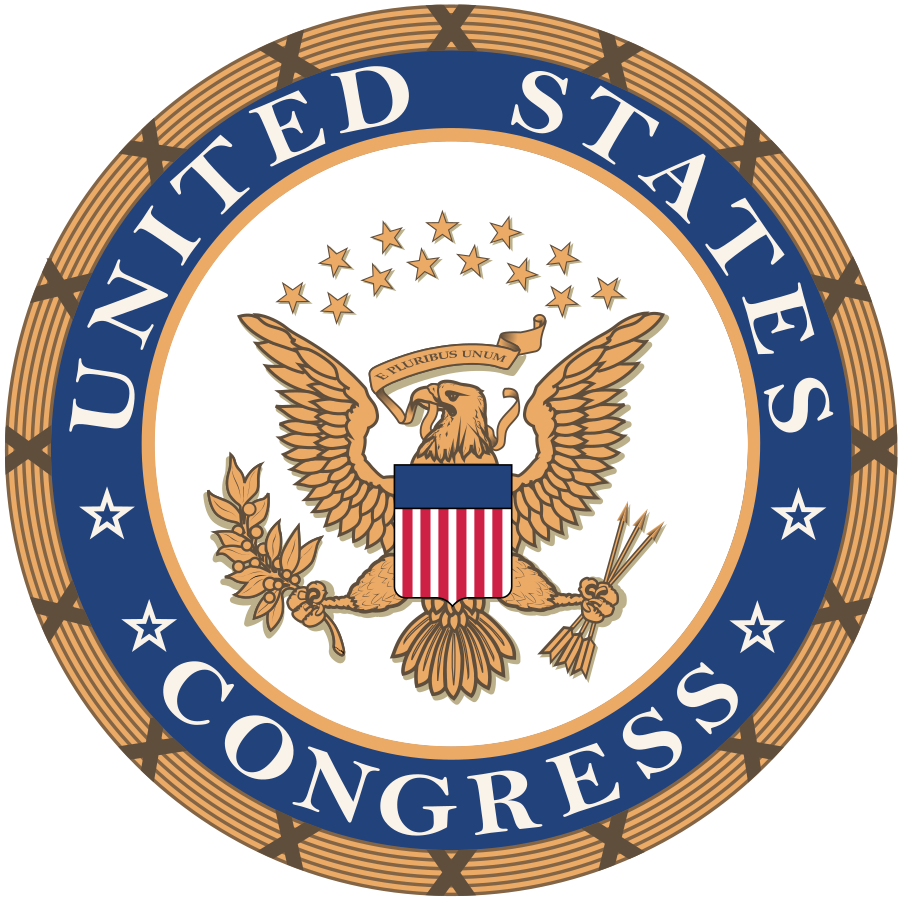Appropriators Unveil FY 2015 Omnibus Spending Package

Last night, House appropriators unveiled the FY 2015 omnibus, a package of 11 new FY 2015 spending bills, including bills funding HUD and the U.S. Department of Agriculture (USDA) for the remainder of the fiscal year. The package also includes a short-term continuing resolution (CR) funding the Department of Homeland Security until February 27, 2015. All federally funded agencies have been operating under a CR since FY 2015 began on October 1. That CR expires on December 11.
We expect the House to vote on the legislation December 11, and Senate leaders indicate the Senate will vote on the House-passed bill soon thereafter. The House and Senate may also pass a short-term CR, lasting a few days, to ensure continued funding while the Senate considers and votes on the omnibus after the House vote.
According to the House Appropriations Committee’s summary, the bill includes $35.6 billion for HUD programs, approximately $650 million more than the House-passed FY 2015 Transportation-HUD (T-HUD) appropriations bill, H.R. 4745, and $450 million less that the Senate Appropriations Committee-passed T-HUD bill, S. 2438. Factoring in a decrease in Federal Housing Administration (FHA) receipts, which the Appropriations Committees use to offset spending, the bill provides $90 million less total HUD program spending than in FY 2014.
The omnibus bill provides:
- $900 million for the HOME Investment Partnerships program (HOME), $100 million less than its FY 2014 level, $200 million more than the House bill, and $50 million less than the Senate bill;
- $17.5 billion for the renewal of Section 8 Housing Choice Vouchers, $120 million more than its FY 2014 level, $207 million less than the House bill, and $233 million less than the Senate bill. It provides $1.5 billion for Public Housing Authorities’ (PHA) administrative costs, $30 million more than its FY 2014 level, $180 million more than the House bill, and $25 million less than the Senate bill;
- $9.7 billion for project-based Section 8, including $210 million for performance-based contract administrators’ administrative fees, $187 million less for all project-based Section 8 than its FY 2014 level and $16 million less than the House and Senate bills;
- $2.1 billion for homeless assistance grants, $30 million more than its FY 2014 level and the House bill, and $10 million less than the Senate bill; and
- $3 billion for Community Development Block Grants (CDBG), $30 million less than its FY 2014 level, equal to the House bill, and $20 million less than the Senate bill.
- $900 million for the Section 502 single-family subsidized direct loan program and $24 billion for the Section 502 unsubsidized guaranteed loan program, both equal to their FY 2014 levels;
- $28 million for the Section 515 rural rental housing loan program, equal to its FY 2014 level;
- $1.1 billion for the Section 521 rural rental assistance program, $21 million less that its FY 2014 level;
- $150 million for the Section 538 multifamily loan guarantee program, equal to its FY 2014 level; and
- $7 million for the Section 542 rural housing voucher program, $6 million less than its FY 2014 level.

